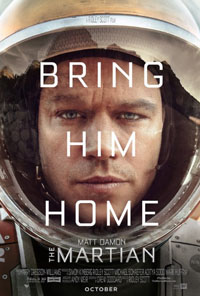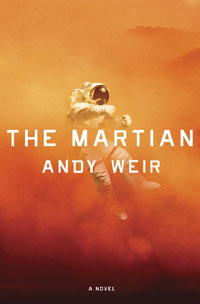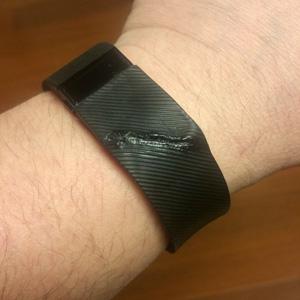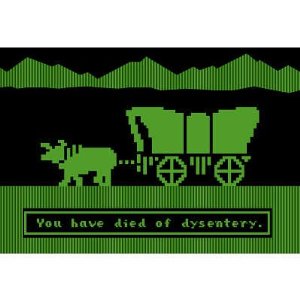I am a very thankful person.
That’s not the same thing as saying I’m fortunate, or blessed, or glad some of these crazy dreams of mine have panned out. I’m all of those things, too, but being those things isn’t the same as being thankful.
Thankful suggests that I’m a person who is ready to acknowledge the work of others in making my own life better. Thankful means drilling down on good fortune, blessings, and gladness, and looking for the specific places where my indebtedness can be enumerated.
As a religious person, I’m always thanking God for things. But as a thankful person, I am mindful of the fact that God’s hand in my life has been manifest through the hands of countless flesh-and-blood, Earth-walking folks; people who deserve better than to have their good works chalked up to a God in whom they may or may not believe.
One of Sandra’s “minions,” a man who now carries the Hypernode Media Corps of Volunteers challenge coin (“running with scissors for no money since 2006,”) built a computer for me earlier this year. When it began blue-screening, he came to my home and troubleshot the problem using tools and methods I understood, but never would have figured out on my own.
The cascading levels of good fortune, gladness, and gratitude in this particular circumstance run for quite a while. I’m thankful that Chad helped me. Chad and I were both thankful that the problem was a single, easily-to-replace component, rather than the Mother of Boards. That was literally a “thank God” moment, but thousands of engineers, technicians, scientists, rare-earth-metal miners, and others stand in that chain and get credit for having built a Mother of Boards that did not fail.
I’m thankful that thousands of Schlock Mercenary readers have spent money on books, challenge coins, and impending role-playing-games, allowing me to afford tools like the one Chad built, and repaired. I’m thankful that their support has been generous enough that when Chad said he did not want to be paid for his time, I was able to insist, telling him that at this moment, that small sum would probably work harder for him than it would for me.
This in turn means that I’m thankful that my generous readers are gainfully employed, and have discretionary income. Without the people who pay them for the work they do, my own work couldn’t continue.
So… an 8gb PNY DDR3 memory stick fails, and now I’m feeling indebted to literally millions of people? A few phrases leap to mind as possible punch-lines:
- “That way lies madness.”
- “It’s turtles all the way down.”
- “If you keep pulling on that thread, you are going to have to find a way to be thankful for not having a sweater anymore.”
Gratitude is mind-opening, heart-expanding exercise in which you can examine a single thing for which you are thankful, grab hold of that thread, and follow it all the way down. Follow the turtles past the madness, and unravel the whole sweater in order to understand how very many people in your life deserve a “thank you.”
I say “you” here because this Thanksgiving I want you to try this with me (if you’re not celebrating Thanksgiving, it’s even easier, because you won’t be distracted by mountains of food topped with pie.) Look beyond the grand, all encompassing “thank you” bucket. Pick one thing for which you are recently and intimately thankful. Hold tight to that thread, and pull.
It won’t destroy the sweater. It will show you how many other people are holding onto that same thread, and when you’ve acknowledged them, and perhaps even personally thanked them, the sweater will keep you warmer. And if it does unravel, hey, now you know who to talk to about getting another one.
 And in an even more amazing, and seemingly impossible twist on that thing everybody knows, not only is The Martian movie as good as The Martian book, The Martian movie is as good a movie as The Martian book is a book.
And in an even more amazing, and seemingly impossible twist on that thing everybody knows, not only is The Martian movie as good as The Martian book, The Martian movie is as good a movie as The Martian book is a book.

